The following article contains mentions of sexual misconduct.
In the spring of 2018, while on the set of Bay State — the nation’s longest-running college soap opera — assistant professor Christophor Cavalieri asked Whitney Swoboda to help him grab something from the prop closet.
Swoboda, a freshman at the time, said Cavalieri followed her inside.
“He sort of says, ‘It’s up there,’ ” she said. “And so I start climbing up the ladder, and he grabs my butt unnecessarily.”
Stunned, Swoboda said she quickly climbed down the ladder, left the closet, returned to the studio and sat down. A few moments later, she went over to her then-boyfriend Felix Phillips and told him that she was leaving the class.
Later that day, she told Phillips, also a freshman at the time, that Cavalieri had unwantedly and inappropriately grabbed her. Phillips confirmed he remembers this conversation.
Cavalieri, 62, has been the faculty adviser for Boston University’s student-run television station butv10 since its inception in 2005. In his capacity as an assistant professor, Cavalieri teaches Television Studio Production at the College of Communication.
Cavalieri will return as both a faculty adviser and assistant professor in Fall 2022, according to Student Link’s course registration page.
Swoboda, who has since graduated from COM, is just one of several former and current students who have alleged misconduct involving Cavalieri, ranging from verbal abuse to sexual harassment.
The Daily Free Press has spoken to 51 individuals, including 35 former and current students, about Cavalieri’s conduct.
Cavalieri did not respond to multiple requests for comment regarding allegations brought against him.

Prior to the Bay State incident, Swoboda said Cavalieri unwantedly and inappropriately touched her multiple times during a one-on-one camera operating session earlier that spring.
“I had expressed to him, during Bay State, an interest in learning how to operate the cameras that we shot on,” Swoboda said.
Cavalieri suggested she stop by the studio outside of class time to work on camera technique and operation together, she said. During the session, Swoboda said Cavalieri repeatedly touched her arms and back while he was teaching her how to operate a camera.
“We practiced camera techniques, or whatever, but he was very, very touchy, very unnecessarily pushing his body against my back,” she said. “Instead of just letting me do it, he would be completely, like, bear hugging me from behind and moving my arms for me.”
Swoboda later told Phillips and another friend, Taylor Arnette, about the incident, according to all three parties. Swoboda never reported the incident to the University because of hesitations she had about the Title IX process.
Another former COM student, who spoke to The Daily Free Press on the condition of anonymity, said she had similar experiences with Cavalieri.
“But where it was weird was it was typically only with the women in the group,” the former student said. “For the male camera people, if he was adjusting something on their camera, he would stand to the side and direct them and point like, ‘Hey, turn that knob, turn this.’ ”
In separate interviews, both the former student and Swoboda likened their experiences to a romantic golf outing, where a man would help a woman with her golf swing by guiding her from behind.
Multiple students also claimed that Cavalieri acted inappropriately only toward female students.
“To put a young girl in a space where she’s between her professor and the camera, and she can’t move, something there’s wrong, obviously,” the former student said.
According to Michael Schoonmaker — chair of the Television, Radio and Film Department at Syracuse University and faculty adviser for Syracuse’s student-run television studio, CitrusTV — Cavalieri’s behavior when teaching Swoboda and the former student how to operate a camera would be incorrect and inappropriate, if true.
“Especially between genders, it’s just not appropriate,” Schoonmaker said. “Not at all, not in this century.”
BU’s Sexual Misconduct Policy describes sexual harassment under Title IX as “unwelcome conduct that a reasonable person would determine to be so severe, pervasive, and objectively offensive that it effectively denies a person equal access to the University’s education program or activity.”
Swoboda distanced herself from butv10 after the Bay State incident, and eventually stopped participating altogether.
“I felt literally, physically unsafe being in his presence,” Swoboda said. “I felt like it would somehow be my fault if it happened again, because I knew that he had done it once.”
Phillips said both he and Swoboda expressed a desire to report the incidents with Cavalieri but hesitated after learning more about the formal Title IX complaint process. Under Title IX, the University would have been obliged to disclose Swoboda’s identity to Cavalieri.
“If a person submits a formal complaint, their identity will be disclosed to the respondent by the institution,” Amanda Walsh, a senior attorney of the education program at the Victim Rights Law Center, wrote in an email. “This is because the accused person cannot respond to the report without knowing who is bringing it forward.”
Swoboda said this concerned her and ultimately led to her decision not to file a formal complaint.
Swoboda and the COM student were not the only former students interviewed by The Daily Free Press to have felt uncomfortable in Cavalieri’s presence.
Amanda Domuracki, who completed a master’s degree at COM in 2016, and a former executive producer of the award-winning butv10 program, Paper Trail, said Cavalieri routinely acted in ways that she described as pervasive, offensive and inappropriate.
“It was so bad, so immediately to me, that I had an unofficial rule with myself not to engage him for mentorship, and not to be alone with him or put myself in situations where I would be in his office for one-on-one coaching,” Domuracki said. “The general sense that I got is that he was blatantly sexist, and that it had a pretty patently obvious impact on my ability to do my work at butv10.”
Domuracki did not raise her issues with Cavalieri to the University, also citing concerns with the reporting process.
“I didn’t trust BU to be able to take meaningful action, knowing the process to file a claim for anything like that is that the person you’re accusing is basically notified,” Domuracki said. “I knew it would make it worse…and then he [Cavalieri] and everyone knows that I have this issue with this teacher who’s in charge of a lot of programs.”
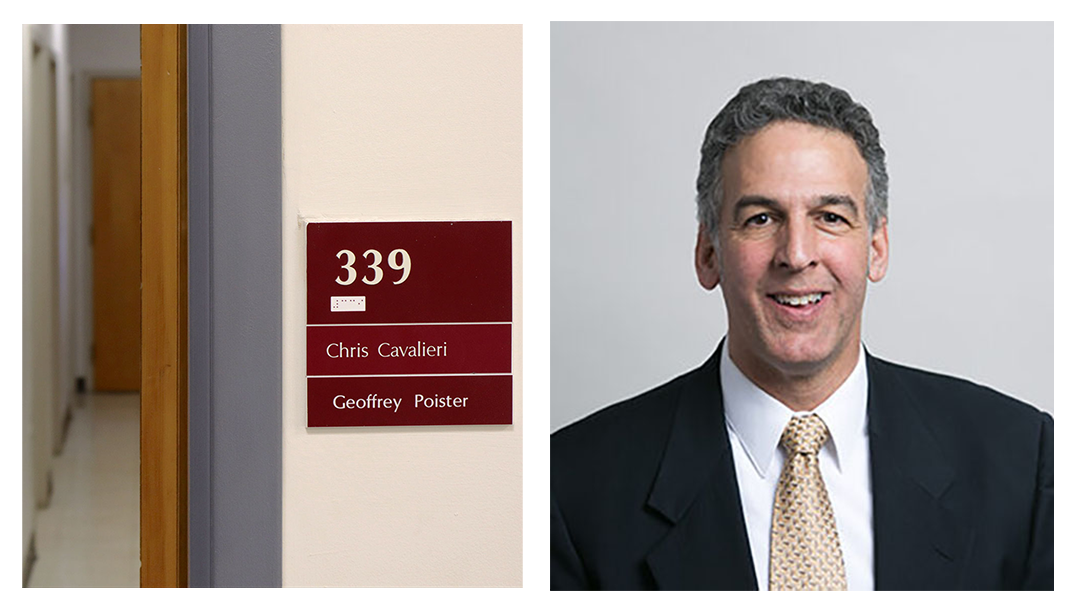
Right: Christophor Cavalieri, assistant professor at Boston University College of Communication. COURTESY OF BOSTON UNIVERSITY
A stalwart in the COM department, Cavalieri developed strong relationships with many students through the years, some of whom said they remember him as a mentor.
“Professor Cavalieri was a great support system for me,” said Brooke Singman, a former student who co-founded the butv10 morning news program Good Morning BU. “My experience with him was nothing but positive.”
Singman, now a Fox News Digital politics reporter, said it was because of Cavalieri that Good Morning BU became a reality in 2013.
Complaints against Cavalieri continue to arise
On April 8, 2021, then-COM junior Samantha Dilsheimer left Cavalieri’s Television Studio Production class in tears to speak with Dean Mariette DiChristina.
As part of the course, Dilsheimer, now a senior, said students were tasked with performing and passing an exercise known as “director rotations” — a mock TV multi-camera interview where each student took turns directing a production.
On April 8, during a director rotation, then-COM sophomore Amanda Schneider was seated in the control room and was assigned the position of “technical director,” she said.
At the end of the interview, Schneider, now a junior, was supposed to fade to black but cut to camera two instead, she said.
“It was a few seconds after the interview ended and I was sitting at the board, and then Cavalieri was to my left,” Schneider said. “He was like, ‘That ending was really good until Amanda went all autistic on us.’ ”
Three other students — including Dilsheimer and then-COM senior Avery Bebon — all corroborated in separate interviews they heard Cavalieri refer to Schneider as autistic.
Shortly after, Schneider said she left to go cry in the bathroom. Meanwhile, Dilsheimer, who was present in the room, left to go speak to DiChristina.
“We were all so incensed with his behavior,” said Dilsheimer. “I’m red, like angry, and I don’t get angry very easily. So, I say ‘I’m going to do something about this.’ ”
Bebon then asked to speak to Cavalieri privately and confronted him about his alleged comment. According to Bebon, Cavalieri “immediately got angry” and denied calling Schneider autistic. Instead, he said he used the word “artistic,” Bebon said.
According to Bebon, Cavalieri then instructed everyone to get back in the classroom so that he could address the situation. When Cavalieri realized that Dilsheimer was not in the classroom but at DiChristina’s office instead, he proceeded to explain — by “screaming” and “yelling” at the class — that he did not call Schneider autistic, Bebon said.

“I said that Amanda was acting artistic,” Cavalieri said, according to Bebon.
Another former student who was in class that day — but was not present in the control room — and who spoke on the condition of anonymity said they had heard Cavalieri use the word “artistic” in the past.
“He had said this before to students, when training, when teaching the dissolves and the cuts, he did say, ‘We don’t have to be artistic with it,’ ” the former student said.
In her meeting with DiChristina, Dilsheimer said she told the dean what she thought Cavalieri had said about Schneider. When she returned to class, Dilsheimer said Cavalieri was waiting for her in the control room.
“I sit down, I’m shaking, trembling, still crying,” Dilsheimer said.
In audio recordings obtained by The Daily Free Press, Cavalieri can be heard berating Dilsheimer. In interviews, nine students independently corroborated that Cavalieri took Dilsheimer into the control room and addressed her in a manner that was loud and inappropriate.
“It was probably ten minutes of me sobbing while he just berates me inches from my face,” Dilsheimer said. “Maybe an inch from my face.”
The student, who recorded the audio recording and has since graduated from BU, did not submit the audio to the University for fear of being in violation of the University’s policy prohibiting in-class recording.
In an email, Elizabeth Mustaine, a professor and chair of the Sociology Department at the University of Central Florida — one of two experts who reviewed the audio recordings — described Cavalieri’s behavior as “obviously unnecessary” and that he came off “extremely angry.”
“By pulling the student aside and angrily yelling at her, the possibility of seeing his behavior as retaliation for her reporting him is now on the table,” Mustaine wrote. “Title IX expressly forbids retaliation against someone for making a report.”
Several students present that day said the yelling was so loud that the teaching assistant stood up, walked over to the control room and closed the door.
“If the professor is berating a student after they filed a complaint against him, I mean, that to me, it seems like it could be retaliation,” said Shiwali Patel, director of justice for the National Women’s Law Center. “That is a concern that I would have.”
Dilsheimer said she spoke to DiChristina two more times following the April 8 incident and told the dean about Cavalieri berating her after their initial meeting.
Several other students present in the Television Studio Production class also said they spoke with DiChristina in the week following the incident.
DiChristina declined to comment on the specifics of the situation and wrote in an email that she was not permitted to speak “about an EOO [Equal Opportunity Office] complaint.”
Faculty informed
On April 12, 2021, DiChristina met with Dilsheimer via Zoom to discuss the events of April 8. Then, on April 14, in an email sent to Dilsheimer, DiChristina wrote that she had “connected with [Cavalieri] about the issues raised.”
Coincidentally, on April 15, Swoboda submitted a post to Campus Survivors — a non-profit organization that anonymously posts the experiences of sexual assault and sexual harassment survivors on Instagram — detailing her prop closet experience with Cavalieri three years earlier.
When Phillips — who was no longer in a relationship with Swoboda at the time — saw the post, he said he knew who it was. On April 16, Phillips then emailed Master Lecturer Maura Smith and told her, without mentioning Swoboda by name, that he had knowledge of the incident and could corroborate the account.
The Daily Free Press obtained a copy of the email, and confirmed Phillips’ statements.
In the email, Phillips embedded the Campus Survivors post and told Smith he knew the person referenced was Cavalieri.
“While nothing has happened to me, I know people by name who he has harassed or assaulted,” Phillips wrote.
Smith responded to Phillips later that day, writing that she had made contact with others in the department and informed them of his email, including the chair of the Department of Film and Television, Paul Schneider. (Paul Schneider is not related to the aforementioned Amanda Schneider).
“I’ve contacted the department chair and shared with him the post and your comments,” Smith wrote in an email. “He has assured me that it will be investigated.”
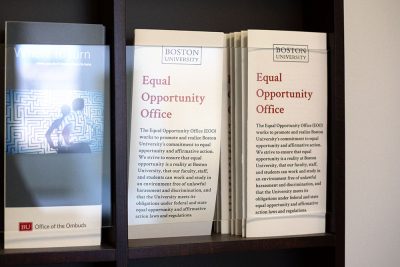
When contacted by The Daily Free Press, both Smith and Paul Schneider did not comment on the specifics of the case, writing they were not able to speak on EOO investigations.
“Please understand that in order to safeguard the privacy of all involved I cannot comment on personnel matters,” Paul Schneider wrote in an email. “However, I can say this. If a student tells a faculty member that they have been sexually harassed, the faculty member is obligated to report the allegation to the Title 9 Coordinator in the Equal Opportunity Office. Even if the student does not file a complaint with the EOO, we still must report what we have been told to the EOO, which will address any allegations in accordance with the University’s Sexual Misconduct Policy.”
Phillips never heard back from the University or any third-party investigators following his email exchange with Smith, he said.
Investigation launched, concluded
At some point after the April 8 incident, and after Phillips’ email to Smith, an outside investigator — New York City-based attorney Dan Schorr — wrote to students he was “engaged by Boston University to conduct an investigation into allegations of misconduct.”
Throughout the Fall 2021 semester, Schorr sent emails and conducted interviews with current and former students. It is unclear which incident, if any, triggered the investigation.
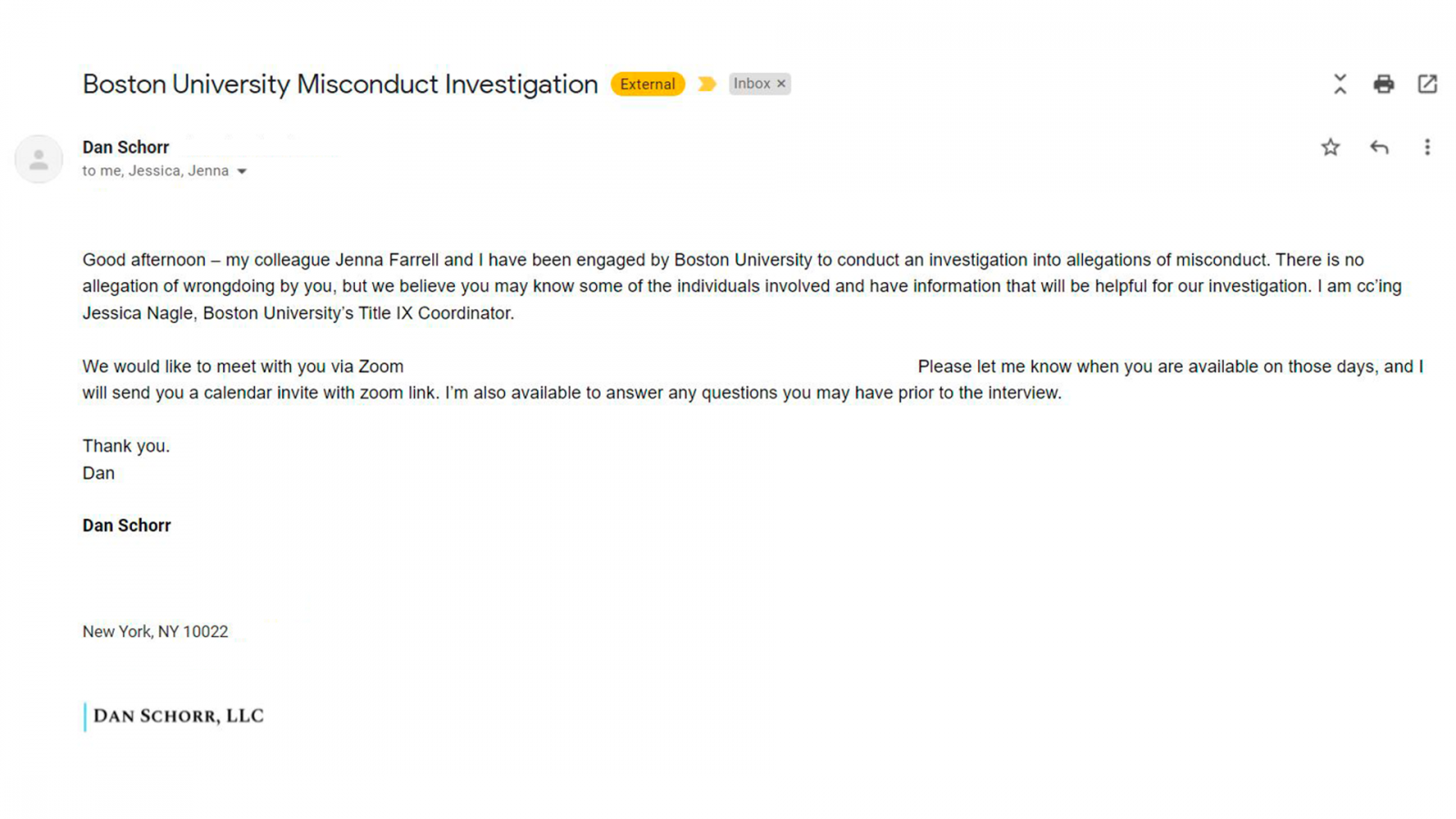 Schorr invited the recipients, via email, to participate in a Zoom interview to discuss the “allegations” he alluded to. In interviews with Schorr, students — including Dilsheimer and Schneider — said they discussed their experiences with Cavalieri, including the April 8 incident.
Schorr invited the recipients, via email, to participate in a Zoom interview to discuss the “allegations” he alluded to. In interviews with Schorr, students — including Dilsheimer and Schneider — said they discussed their experiences with Cavalieri, including the April 8 incident.
Schorr did not respond to multiple requests for comment. Instead, The Daily Free Press’ inquiries were referred to University spokesperson Colin Riley, who wrote in a March 21 email that “there is no open investigation.”
A source close to the matter told The Daily Free Press the investigation has since concluded.
In Schorr’s emails to former and current students, he copied the University’s Title IX Coordinator Jessica Nagle.
Nagle did not comment on the specifics of the investigation, but wrote in a separate email that the University can engage with third-party investigators.
“The University may hire an external investigator to investigate a complaint of alleged policy violation by an employee,” Nagle wrote.
Sandra Hodgin, founder and CEO of Title IX Consulting Group, said it is “good practice” for universities to outsource investigations into Title IX policy violations. She said doing so allows for a degree of impartiality.
“Whenever there’s a Title IX case, that lawyer will be, or whatever law firm they pick, is their investigator under Title IX,” Hodgin said.
In separate interviews with The Daily Free Press, Dilsheimer, Schneider and three other students interviewed by Schorr said they were not made aware of the outcome of the investigation.
Both Phillips and Swoboda said they were not aware that an investigation had been initiated.
Prisha Sujin Kumar, a senior in the Sargent College of Health and Rehabilitation Sciences and a co-founder of Campus Survivors, said she believes that if the Title IX process was more empathetic, people who experience sexual harassment would be more likely to report.
“I think a lot of people would come forward with their sexual assault and sexual harassment if they were allowed to be anonymous, I think that a lot of people get worried, of course, of repercussions or retaliation,” Kumar said. “I don’t think Title IX is a very comfortable process to go through.”
Heidi Lockwood, a professor of philosophy at Southern Connecticut University and a gender studies researcher, said addressing the problem of faculty-student sexual harassment is difficult because departments at universities are close-knit and insular.
“Faculty hire faculty,” Lockwood said. “If you’re a faculty member, or small faculty in a philosophy department, or whatever, and you’re looking for colleagues to join you — potentially for the rest of their life or your life — it’s almost like inviting somebody into a family.”
Despite the fact that universities openly condemn sexual misconduct, Lockwood said the issue has become more “under the table.”
“Especially in the wake of #MeToo, universities have been pushed in the interest of brand protection to, for example, find faculty guilty of non-sexual harassment because then it doesn’t get counted against them as a Title IX problem,” she said. “There’s a public relations and marketing incentive.”
A source close to the COM administration informed The Daily Free Press that Film and Television faculty were told not to speak to the press about specific instances of administrative misconduct or faculty mistreatment. It was also communicated, according to the source, that faculty members were specifically instructed not to cooperate with The Daily Free Press.
In an email, Paul Schneider denied that any such language was used.
“At our regular faculty meeting the faculty were reminded exactly what I wrote to [The Daily Free Press] last week, ” Paul Schneider wrote. “We cannot comment on personnel matters regardless of whether it is the NY Times or any other media source.”
UCF professor Elizabeth Mustaine said sexual harassment and sexual violence is an underreported phenomenon, but that the underreporting does not imply its non-existence.
“I do think that it is quieter now because it’s not acceptable,” Mustaine said.
When it comes to incidences of faculty-student misconduct and sexual harassment, the perpetrator is typically a respected individual in their field, Mustaine said.
“And so then I think the impulse is to say, ‘We don’t want to ruin someone’s career over this,’ ” Mustaine said. “Never mind that it already has destroyed the life of the victim.”
Swoboda and Dilsheimer said their experiences continued to impact them long after it happened.
“I think that my kind of self blame was on account of him [Cavalieri] telling me it was all my fault,” Dilsheimer said. “I wasn’t able to just brush that off.”
At this point in time, the University has not made the outcome of the investigation known.
If you want to share your story on sexual, verbal or emotional abuse on campus — or know of someone who might — please reach out to The Daily Free Press at [email protected].
Campus News Editor Jesús Marrero Suárez was involved in the butv10 show Shadows in fall 2021 and early spring 2022. He disaffiliated from the show on March 14, 2022.
Amanda Schneider was a staff photographer for The Daily Free Press during the 2020/2021 academic year.

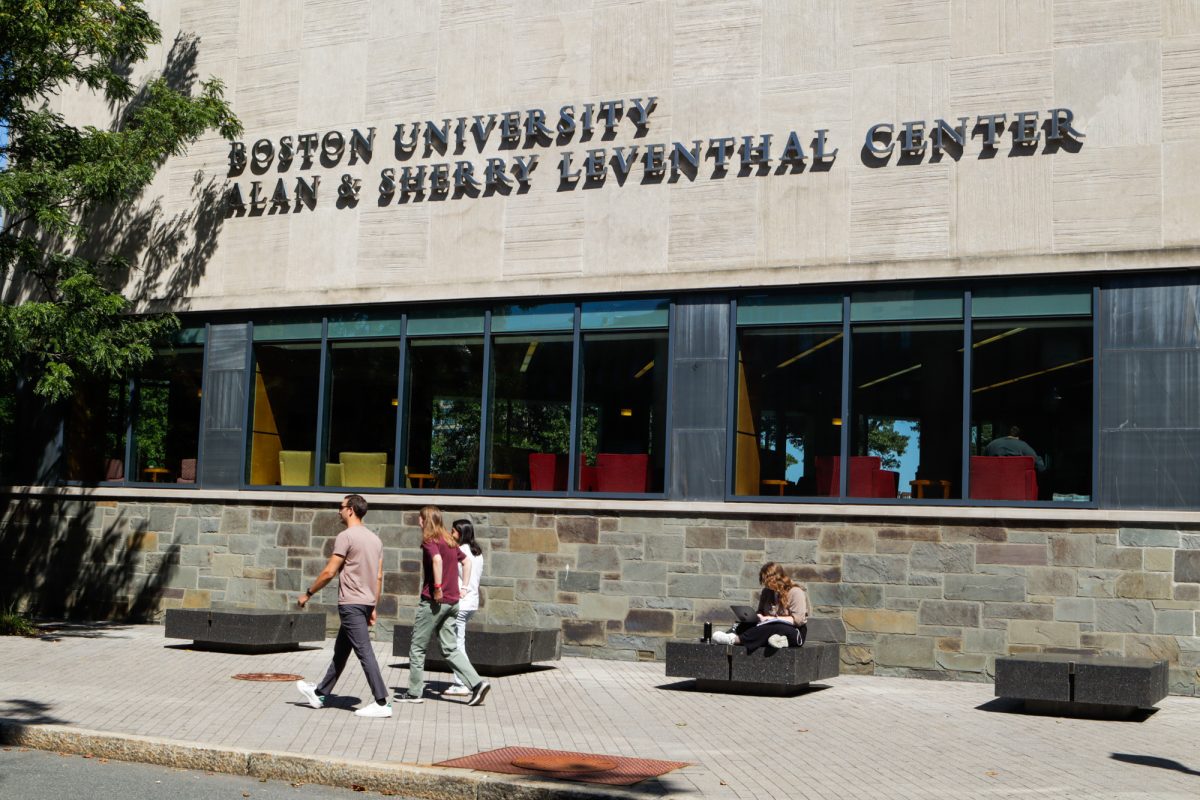

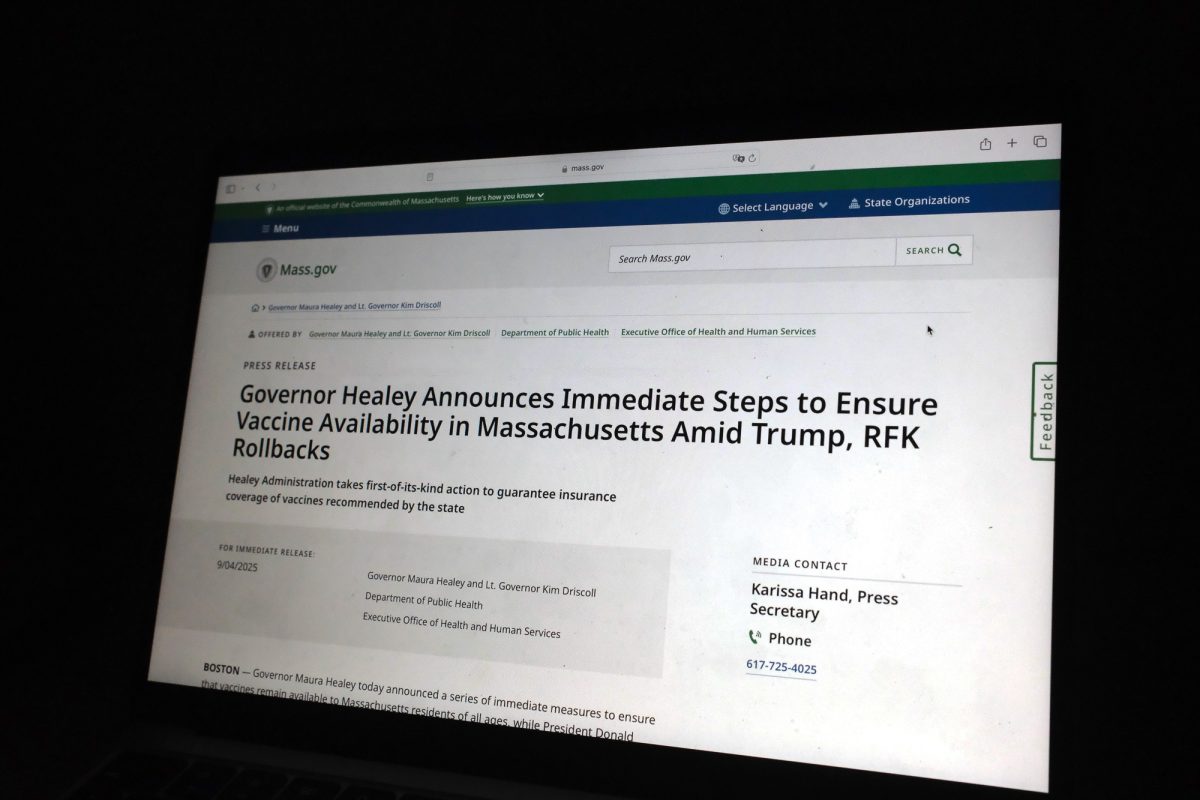
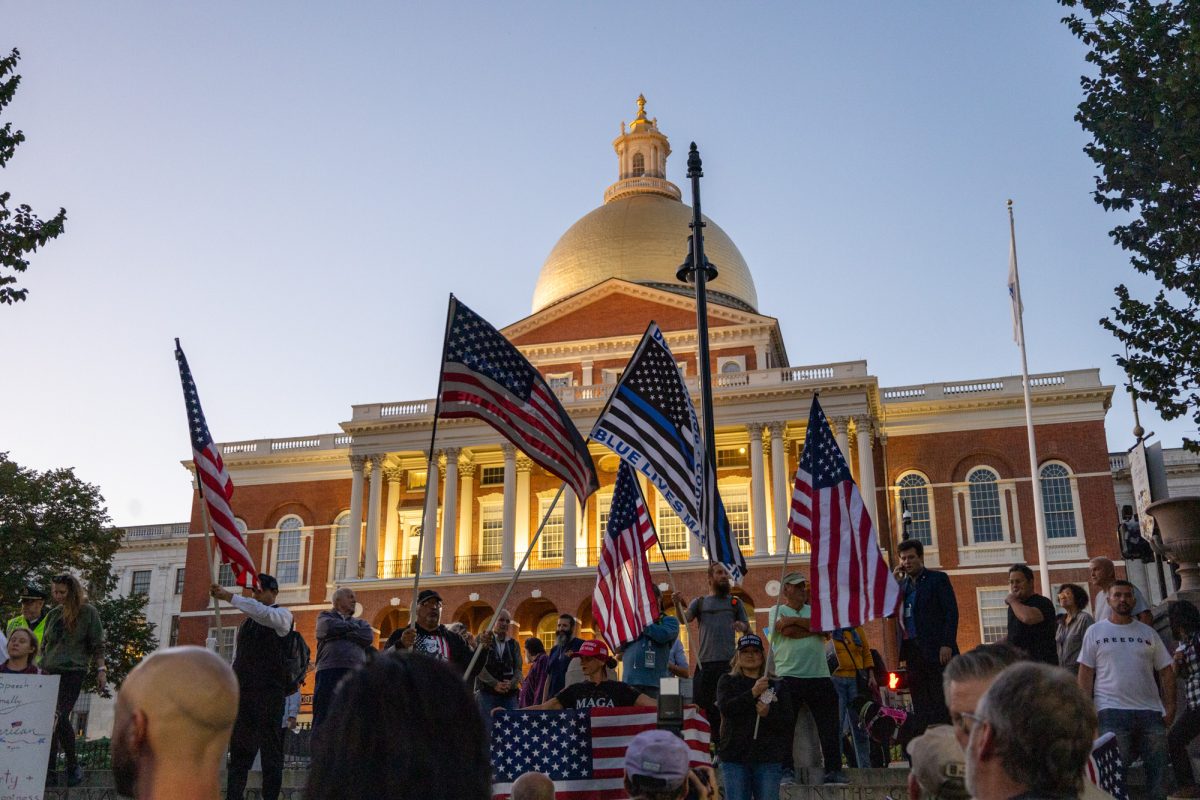
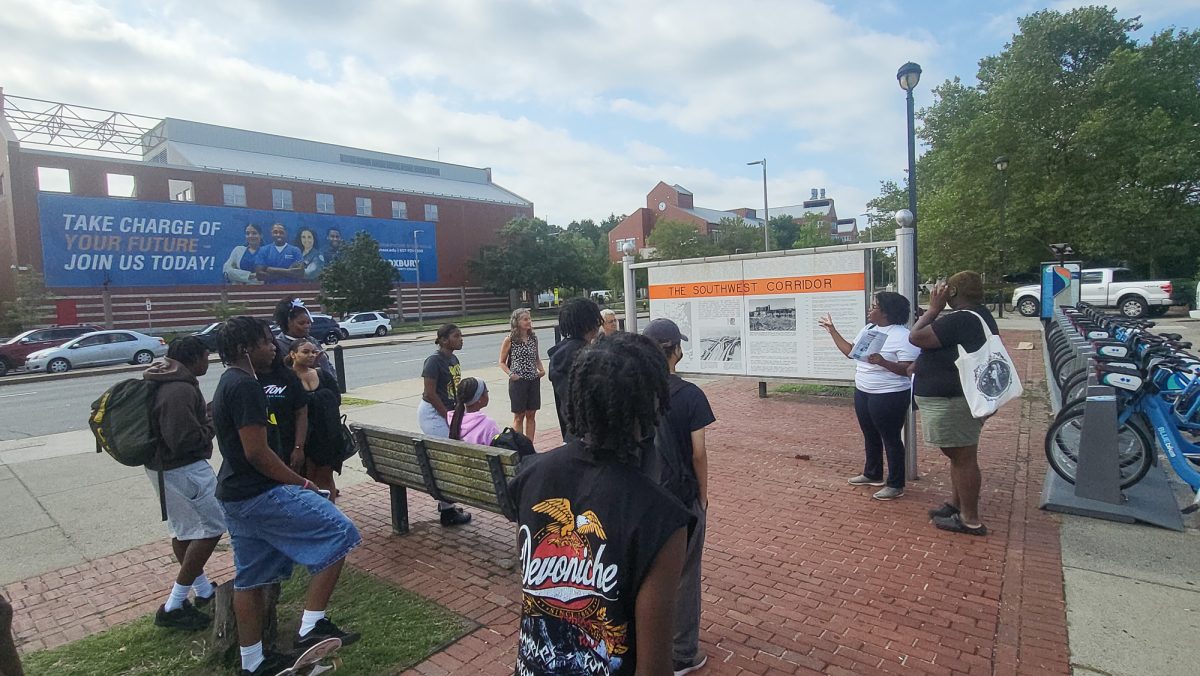
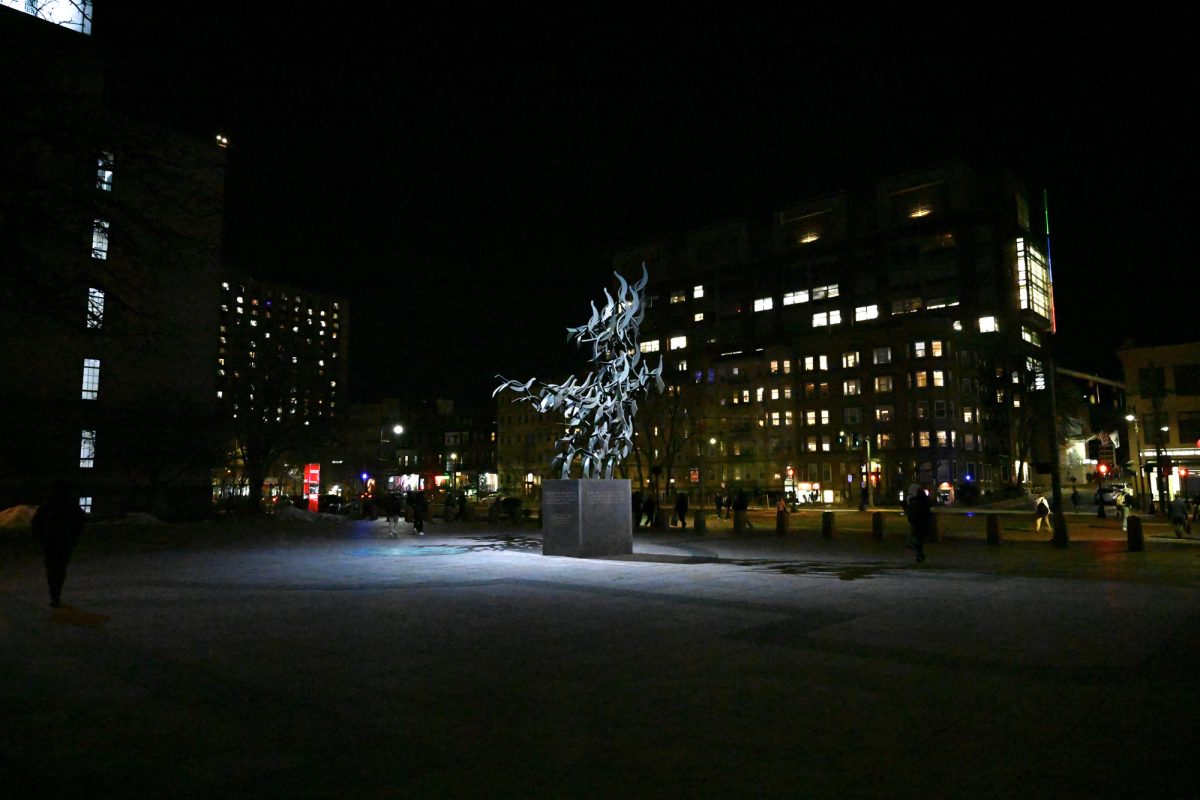

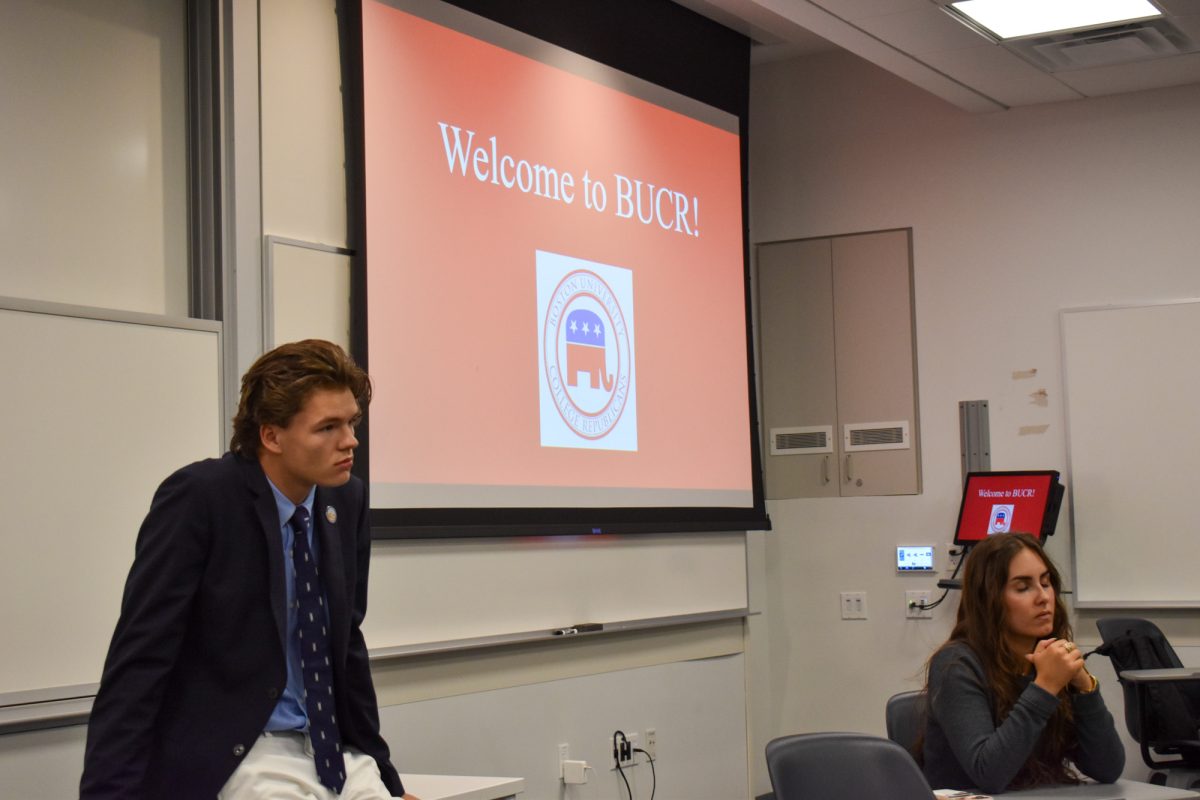

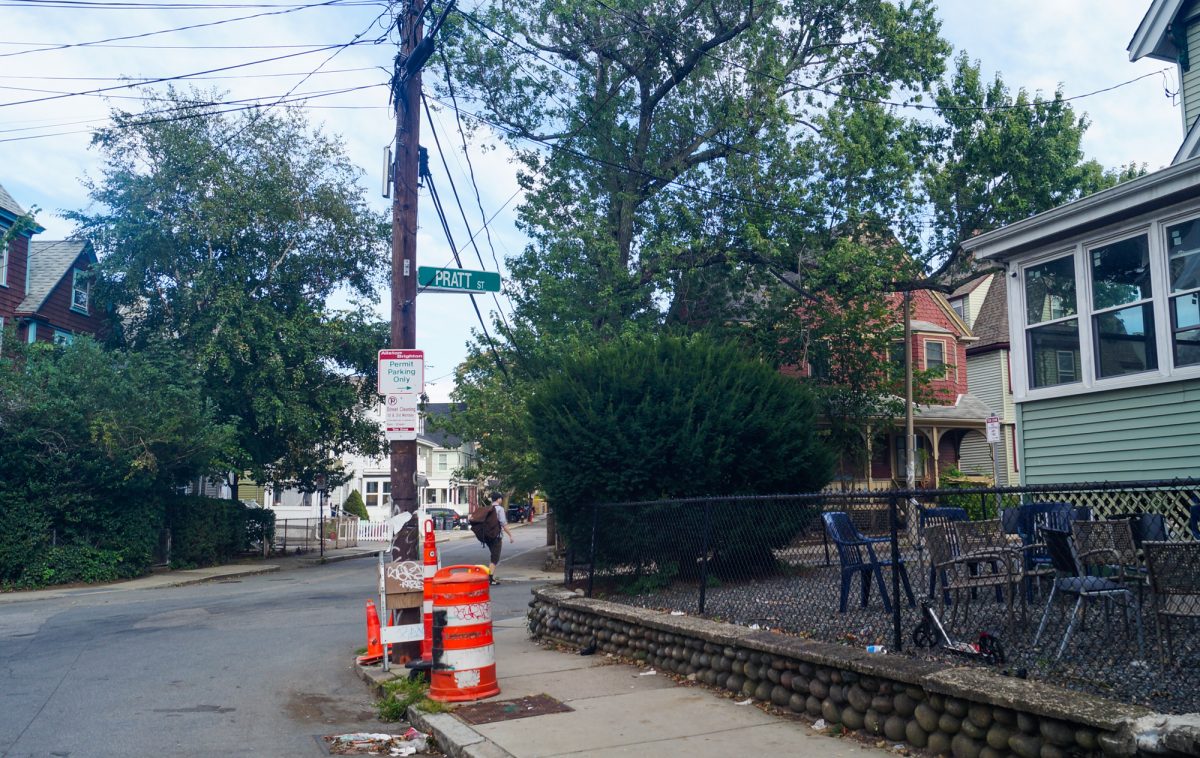















































































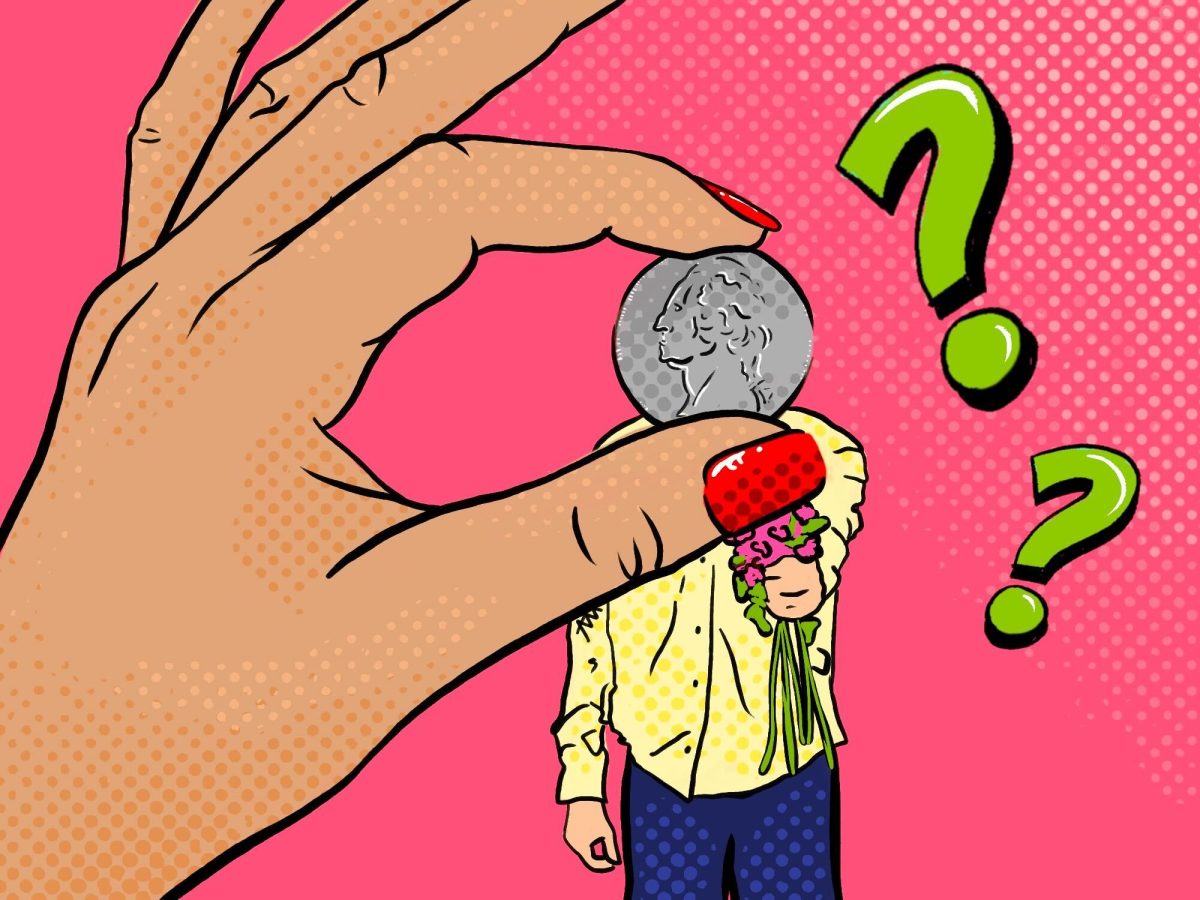

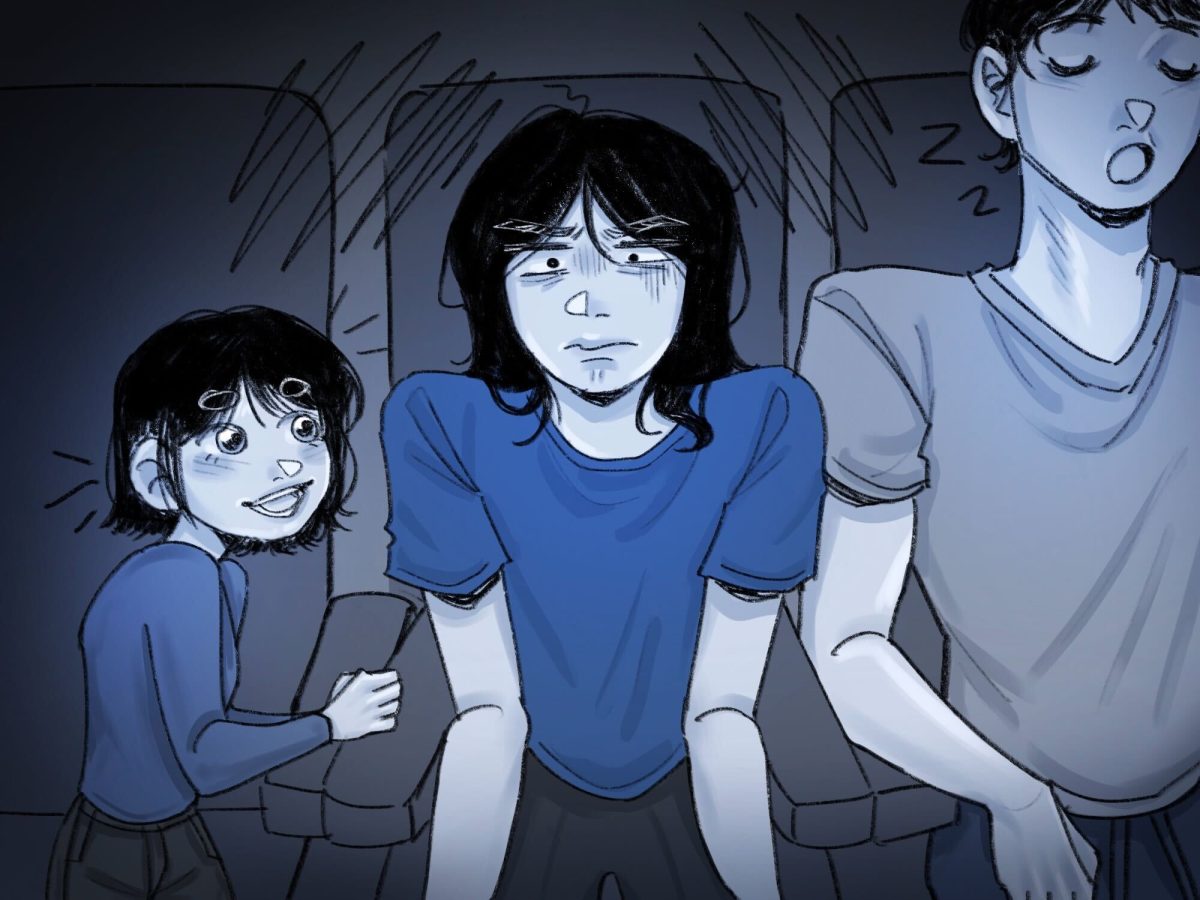
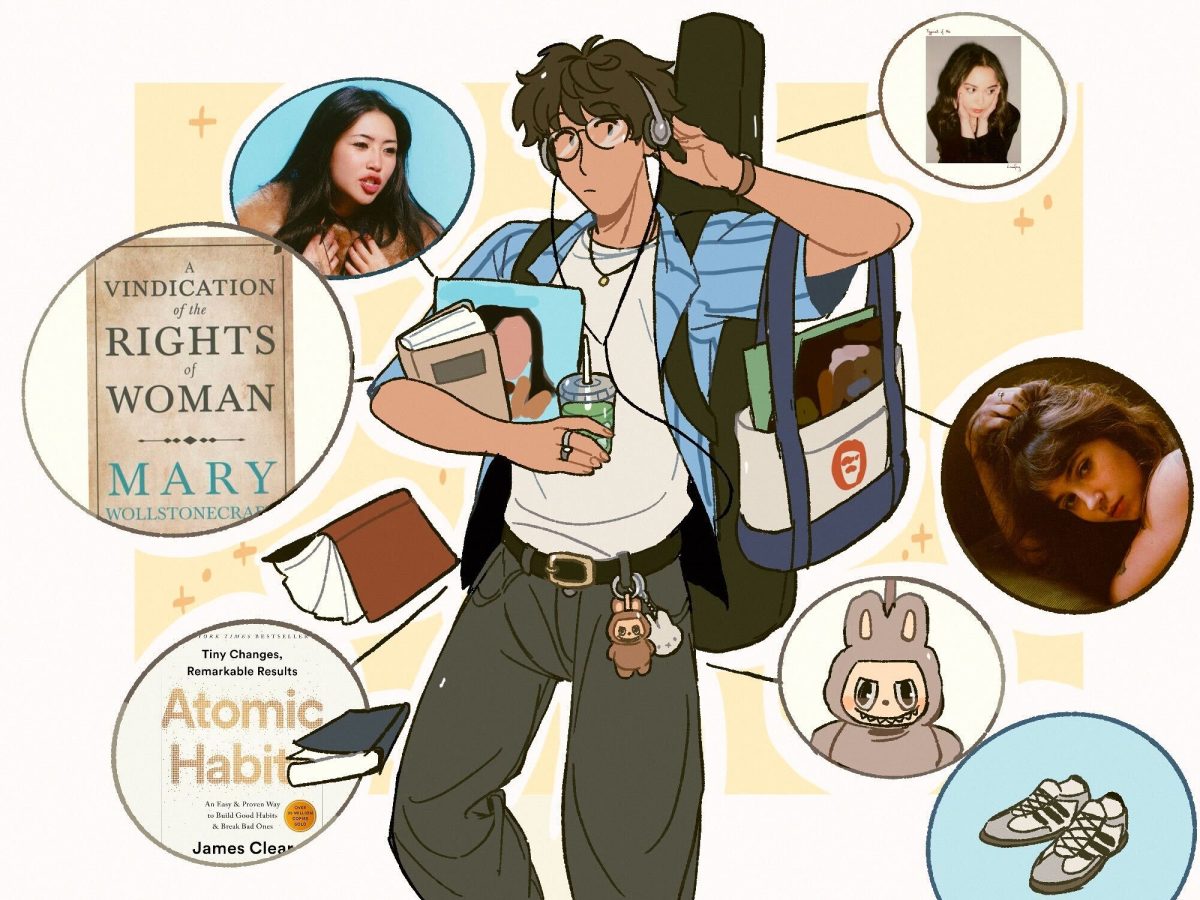
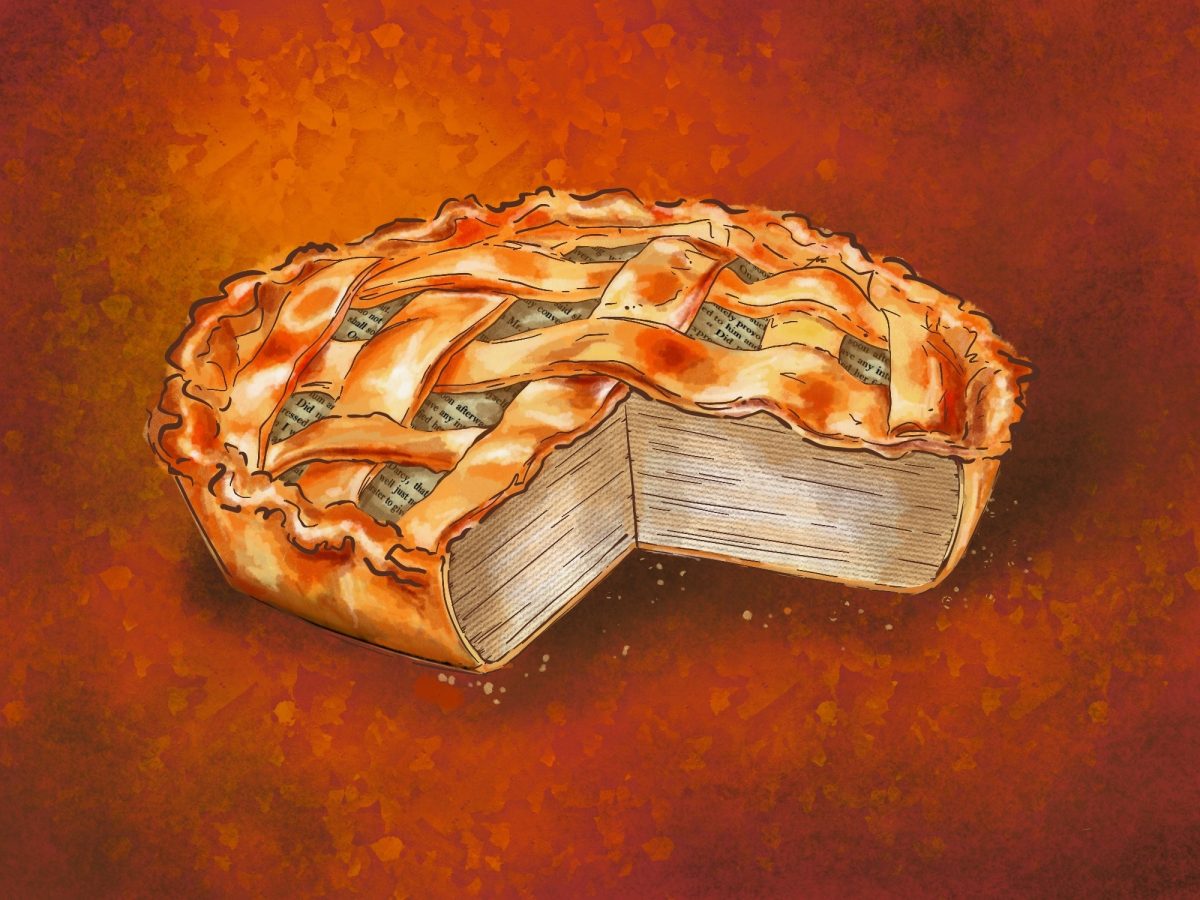


















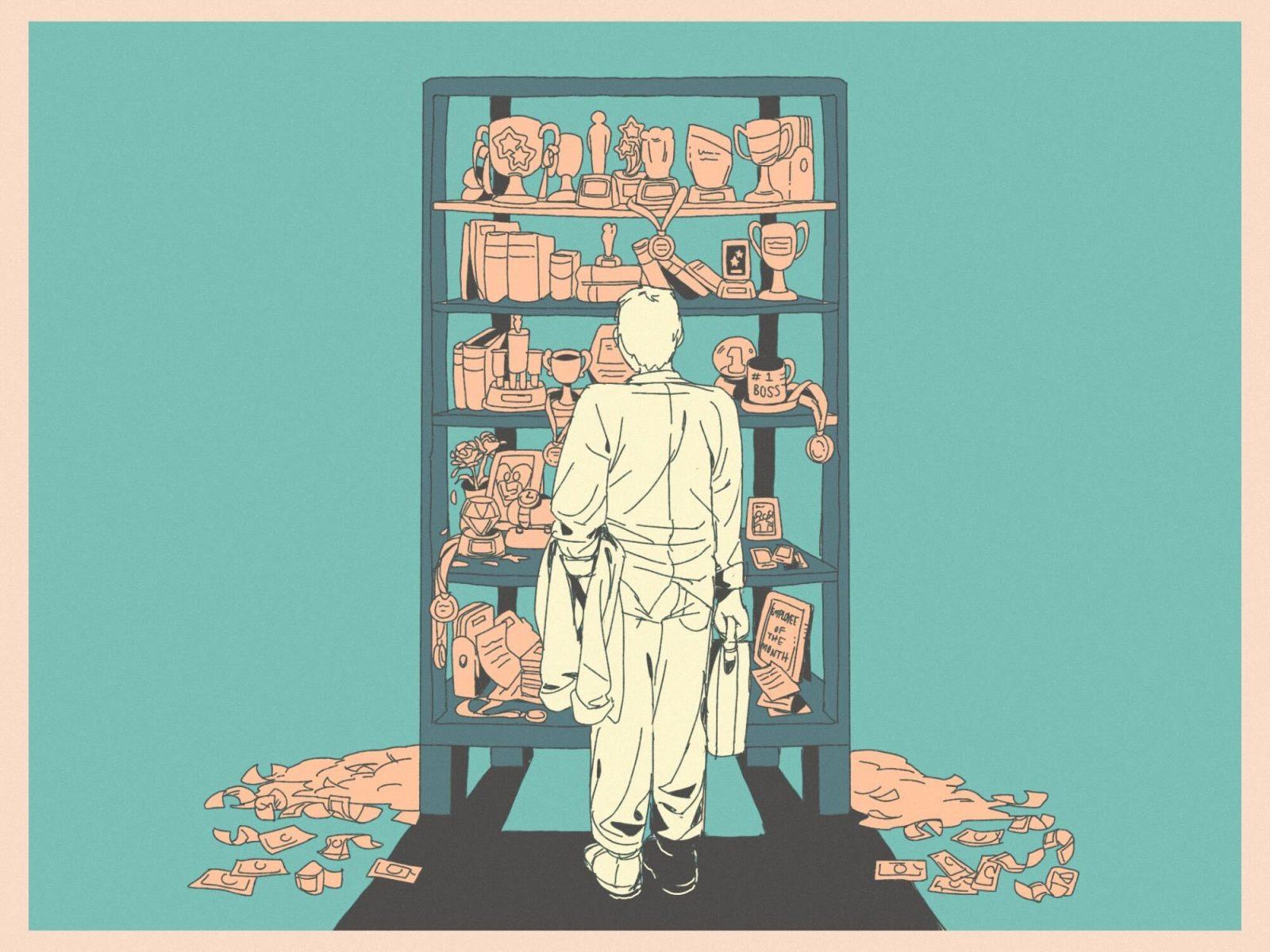


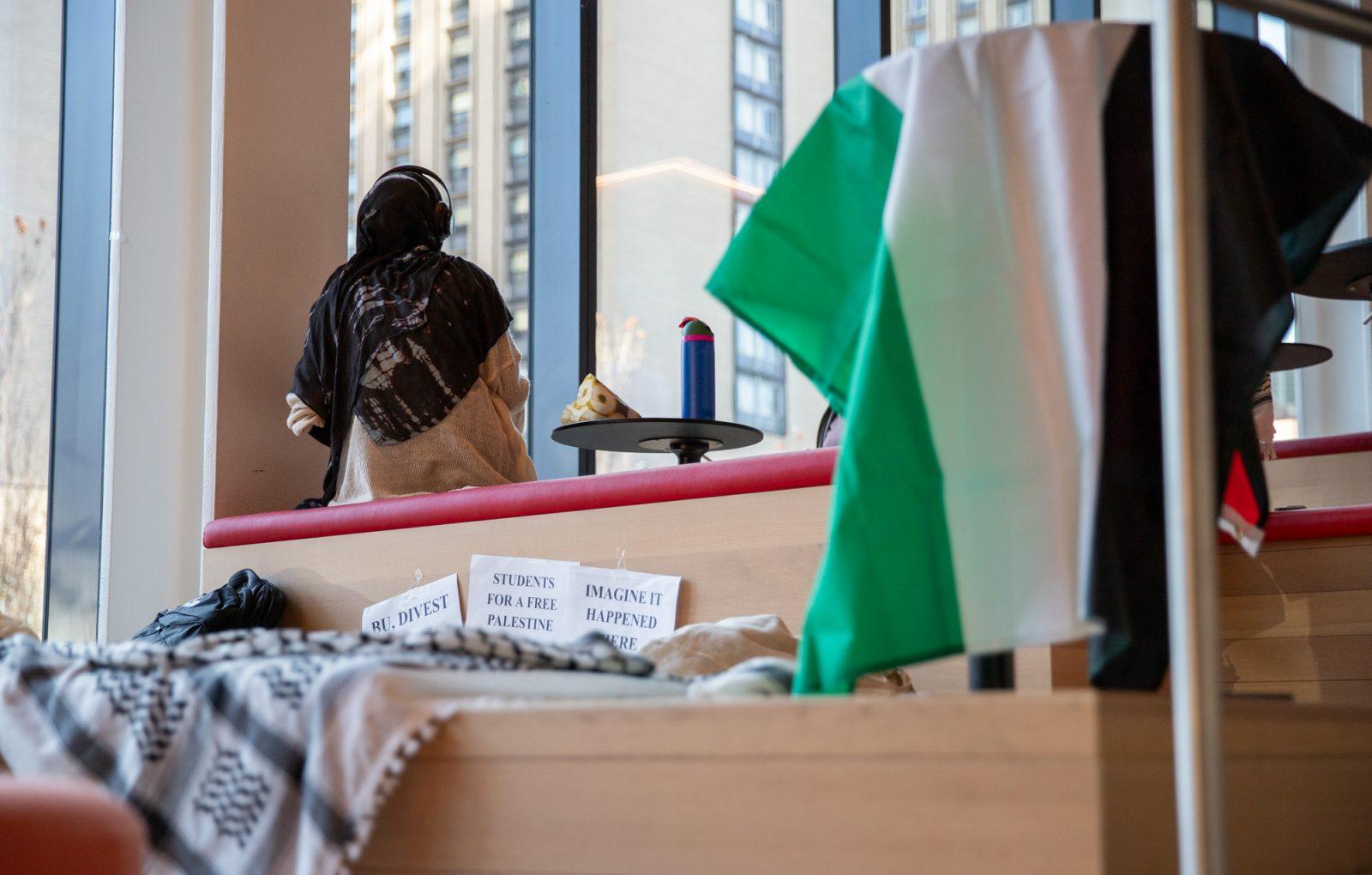
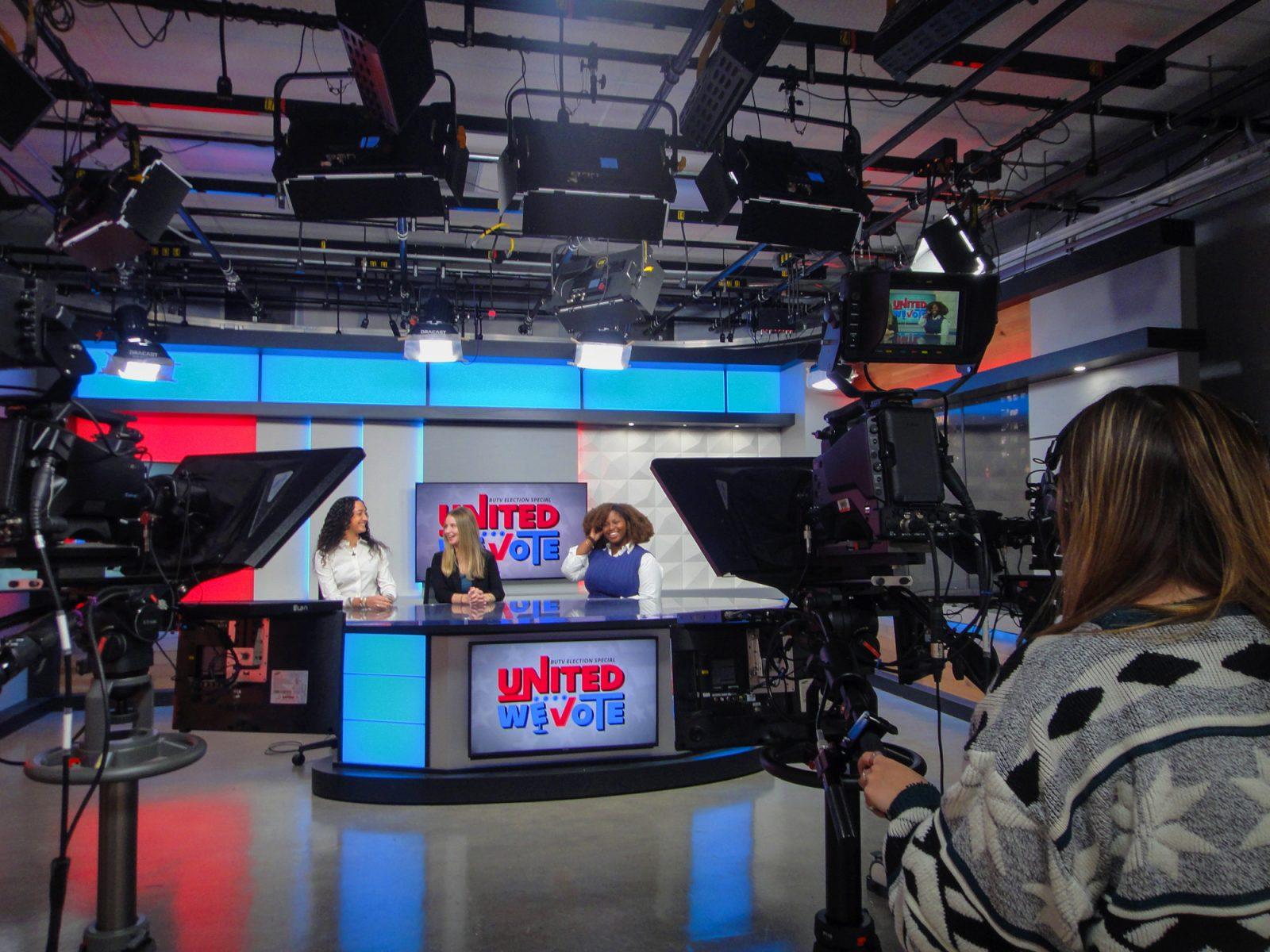
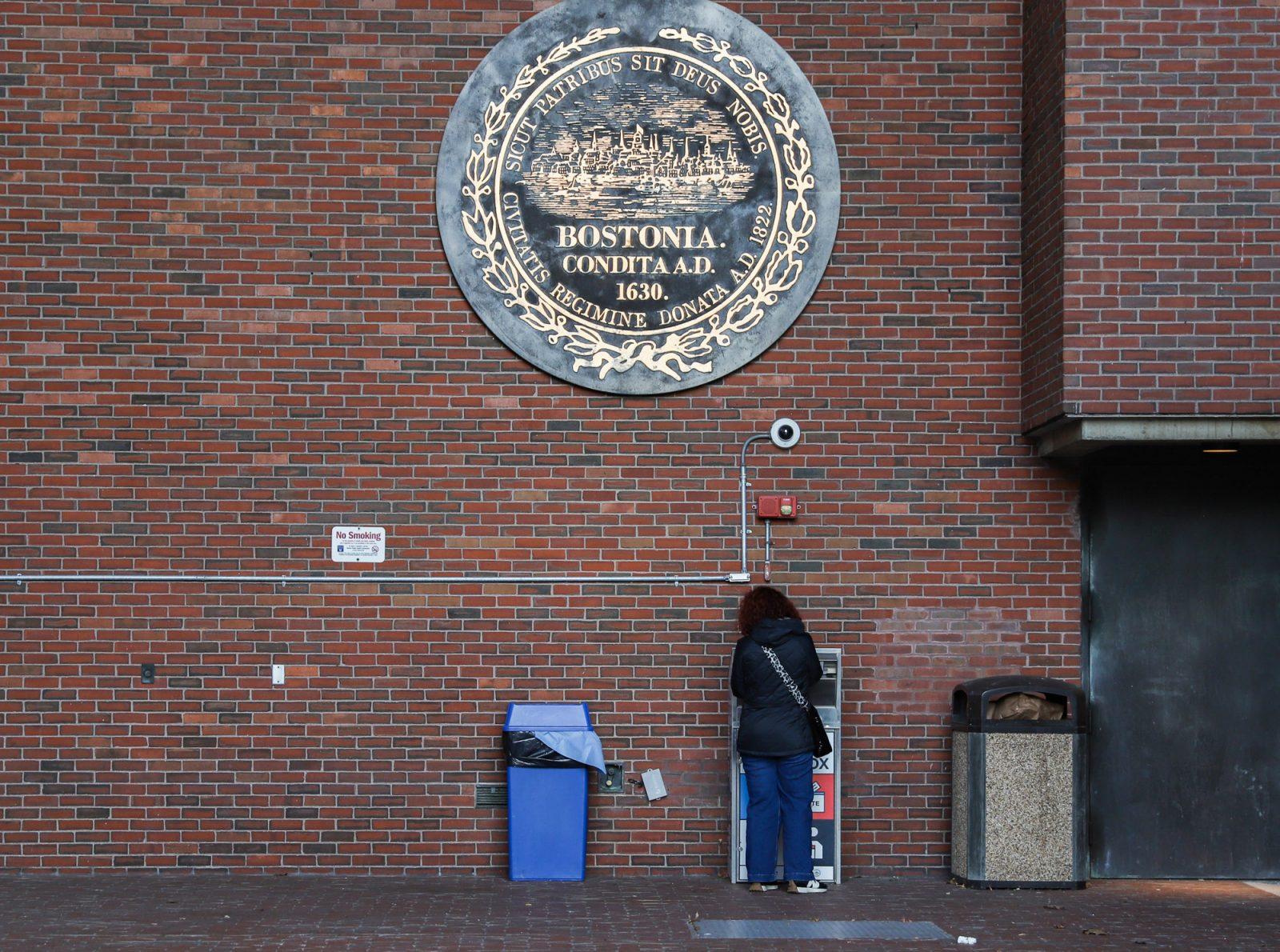
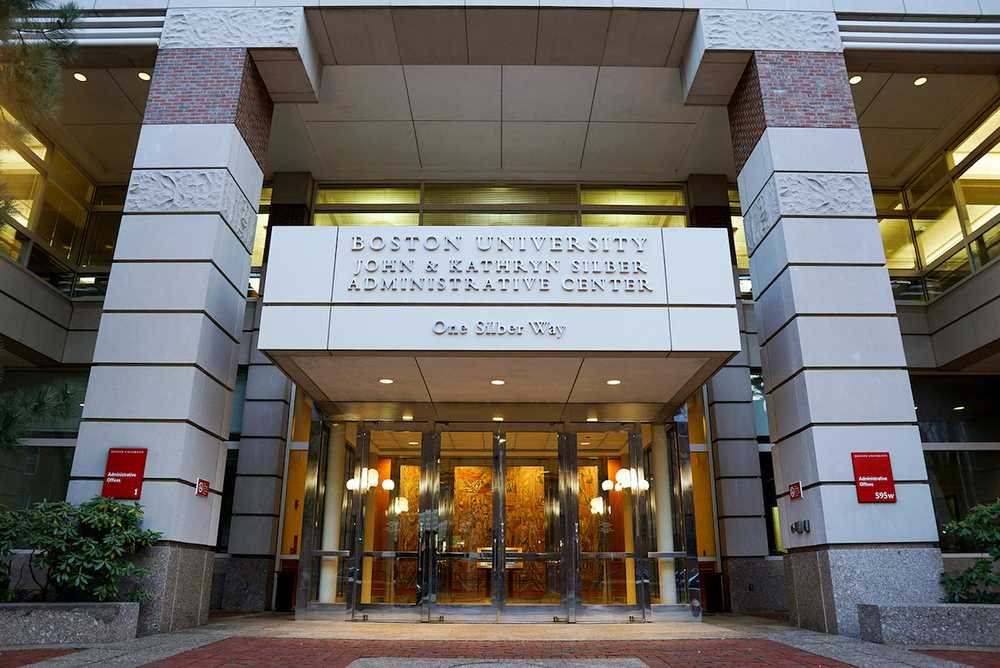
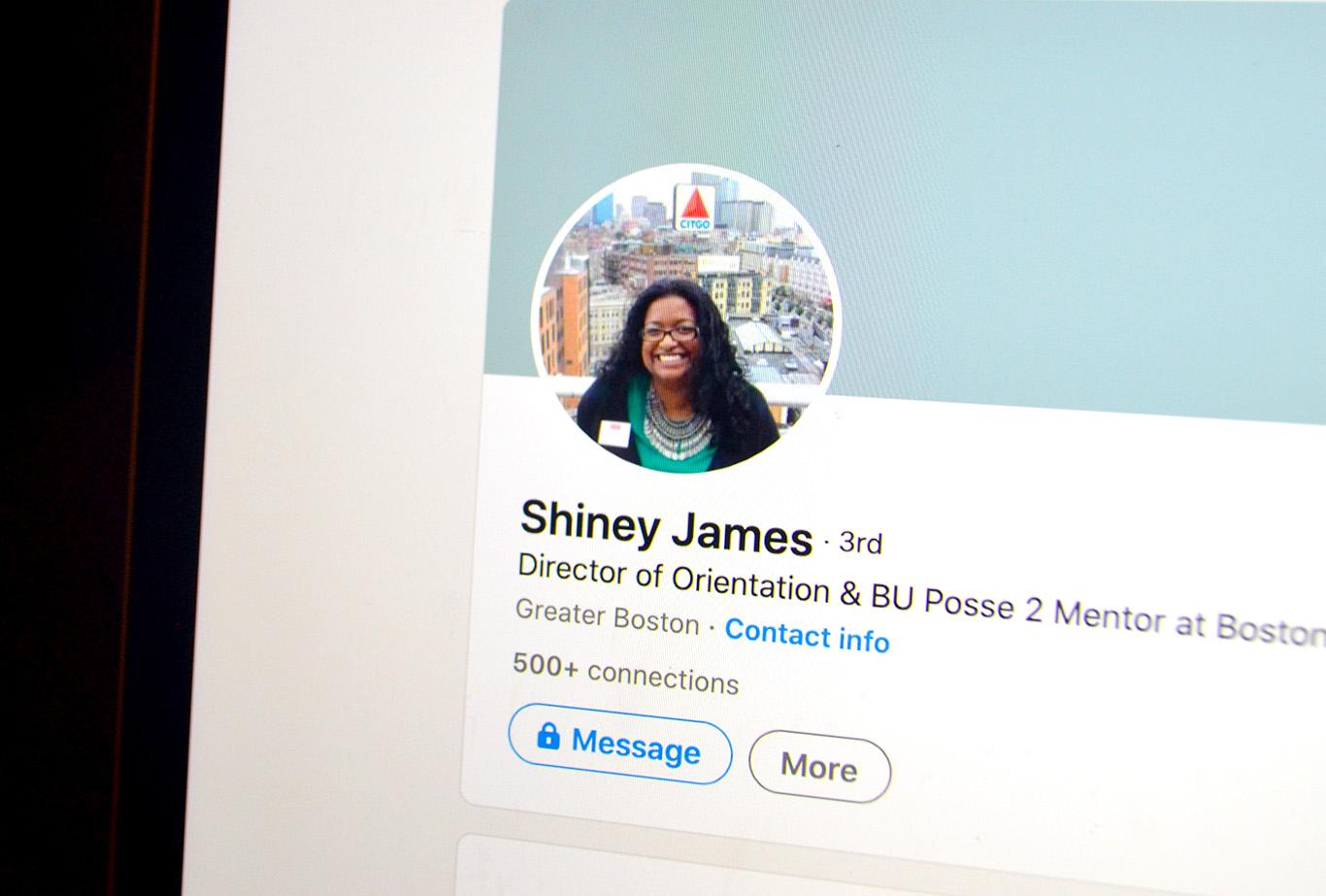

Erin • May 2, 2022 at 9:43 am
This professor seems like a very toxic individual. Something I wish I was taught when I was in school was the ability to recognize discriminatory comments and hate speech. This is something that I think is the most important thing a student can learn for post-college. There are many guys like this and strong recognition of ‘toxic’ individuals is important.
Anonymous • May 1, 2022 at 5:44 pm
This professor just seems like an overall bad, toxic person. I suffered from brain damage from being assaulted, harrassed and stalked by some young, wealthy predators. One way I was able to heal from years of this behavior and the Judical Affairs department abuse was understanding what it meant being from a marginalized community. I had to realize and learn that a lot of bad behavior directed towards me was because I was from a marginalized community. I was viewed more as a second or third class citizen because I was from a marginalized community. I had to realize later in life that what I experienced when I was younger was due to micro aggressions, gaslighting of marginalized communities and stereotypes. The best thing for any BU student is to learn to recognize discrimination, condescending talk from being from a marginalized community and have an amazing recognition of micro aggressions. This was never taught to me in my education. I had to learn later in life, which can be hard to talk:
COM grad • Apr 25, 2022 at 5:43 pm
I doubt anyone who spent any significant time on a show or in class with Cav could disagree with comments about his aggressive behavior. I was a producer of three different BUTV10 shows during my time at COM and also part of the production team that filmed games so I spent a lot of time with Cav. I worked very hard to balance BUTV and two other jobs to pay for school and moved on to work in local tv news. This is just context for those who think the students speaking out might be too sensitive, inflexible or lack work experience. I regret that I, and many of my peers at the time (2017 grad), excused Cav’s aggressive and inappropriate behavior as prep for the “real world.” No current or former boss or teacher has ever beaten me down like Cav. I’ve seen him make countless students cry (myself included which is WILD if you know me). News & TV isn’t for everyone and there are certainly personalities who can’t handle the pressure. This isn’t that. There is a difference between preparing students for the challenges of the TV industry and just being a dink.
brad • Apr 23, 2022 at 1:36 pm
thanks a million! Daily Free Press!
let me know that a pen is mightier than the sword in this case.
BU • Apr 22, 2022 at 8:42 pm
The university sends the martyr Alan Brust to deal with these issues. He’s the fixer
CH • Apr 22, 2022 at 3:51 pm
As an recent alumni of the FTV department this article is not surprising at all. Inappropriate behavior and harassment toward female and minority students was a pervasive everyday occurrence. It was well known among students to avoid certain professors for a myriad of reasons (unwanted touch, racist comments, sexual relations, or just plain bullying and discouragement). Even less shocking is the departments inability to see these toxic behaviors as anything to address– as they go all the way to the top.
Ultimately the BUFTV department models for its students the sexist toxic industry it so desperately wants to prepare students to be a part of.
Mel • Apr 22, 2022 at 2:32 pm
I heard about this guy, along with a few others, from my first semester on campus. Female COM students always warn each other about professors to stay away from. Makes me sad, but glad to see it being acknowledged.
P. • Apr 22, 2022 at 2:25 pm
Great article. Well researched. Hard to believe there are still people around who think that kind of behavior is acceptable. Especially, even harder to believe, is there are people working at a major metro university in “media” who still behave this way. BU needs to stop trying to sweep this under the rug. If history has shown us anything it is that trying to cover up misdeeds only makes things worse.
James Levine • Apr 22, 2022 at 2:22 pm
In this time when disrespecting neo-pronoun protocols can result in censure and worse, how could this renegade behavior by instructors not be called out sooner?
FTV faculty member • Apr 22, 2022 at 1:07 pm
I cannot comment on the sexual harassment issues, but as a member of the Film and TV Department, I have first-hand experience with extreme, and in my experience unprecedented and almost unbelievable, anger-management, bullying, and abusive behavior by the subject of this investigation. After expressing opinions in a department meeting with which he disagreed, I have, after the meeting has concluded, been corralled by him in a semi-private place outside the site of the meeting, and been loudly yelled at, spit on, and verbally attacked and abused by him at length.
AA • Apr 22, 2022 at 1:04 pm
Thank you DFP. Well done. And I commend you all who worked on this piece for giving these victims a voice. May all who need to be heard feel they have the space to speak up.
DD • Apr 22, 2022 at 10:00 am
This is not the worst person I came across during my time at BU. Cavalieri had a bad, bad attitude when it came to respecting students, generally shitting on them publicly and privately. His language and demeanor was excessive to say the least–it’s wild that it’s not the overall focus. Once, while determining final grades for a class, he literally said “fuck em.”
But I’m still amazed that what I saw and heard about Sam Kauffman has never come up. He put his hands on female students constantly, hovered over them whether it was camera operating or loading up a project on the computer. He locked his office door when watching a project by a grad student, another girl quit his class because he put his hands on her, he was drunk at a school function and verbally berated a student because she wouldn’t bad mouth another professor he didn’t like and she described him as inches from her face to the point she could smell his intoxication. Once during an audition process for a “short” he wanted to make, he directed the all-black auditioners to “act like it’s a music video” by talking to the camera while pointing their hands and “grabbing your crotch.” I could see how uneasy it made all of them, and not one of them would comply despite several promptings from Kauffman (who went so far as to do it himself first, grabbing his crotch and starting with “hey-yo”). Go find the video, it’s quite, quite repulsive even though it’s meant to be a parody or something akin to it.
Another professor, Joel San Juan, had some very colorful things to say in front of students as well. He told one student if they wanted answers to a quiz, they should “fuck the (female) TA,” and in another incident he told a female student who was asking him a question, “I can’t take you seriously knowing (a male student)’s dick was in your mouth.”
Paul Schneider KNOWS what’s happening and protects the full time faculty.
VB • Apr 22, 2022 at 8:06 am
The Daily Free Press continues to amaze me with their in-depth reporting and dedication to holding the powerful accountable. Thank you to everyone who worked on this story.
Z • Apr 22, 2022 at 12:00 am
Been warned by fellow FTV students to stay away from him since the moment I arrived on campus freshman year. Not exactly motivating to get involved with BUTV10 or take any courses taught by him. INCREDIBLE work, thank you Freep
Wendy • Apr 21, 2022 at 11:41 pm
Where there is smoke, there is fire. This is an impressive and in-depth investigation.
Shame on the BU Title IX Office for failing to separate out complaints of faculty-student sexual misconduct in the annual Clery Report: http://www.bu.edu/safety/files/2021/09/BUASR.pdf. And only 6-9 reports of rape each year on a campus of 30,000+ students? Yeah right. Clearly there’s a reporting problem.
(Same goes for the underreporting of race-based intimidation and assault. Only 3 incidents per year? I think not.)
Also: shame on the BU admin for burying the Clery sexual violence statistics on pages 174-175 of the report. The purpose of the Clery report is not to bury the numbers in a pile of promotional stuff so that readers have to go on a fishing trip.
Mel • Apr 21, 2022 at 11:13 pm
University looks like they’ve been covering stuff up. President Brown needs to answer for this. How many cases were covered up?
A • Apr 21, 2022 at 9:57 pm
Daily Free Press,
Thank you.
Pat • Apr 21, 2022 at 7:14 pm
Poor , unethical and irresponsible journalism.
M • Apr 21, 2022 at 8:00 pm
I’m truly sorry that you are so naive to the impact that sexual harassment has on individuals, especially young students, that you would think writing an article that states the circumstances and evidence of an unhealthy/harmful work environment is “unethical and irresponsible”.
T • Apr 21, 2022 at 8:23 pm
Found prof cavalieri
Sid • Apr 22, 2022 at 7:29 am
I agree this is just such a weird hit piece. What a flop. I cannot believe this story made it past pitches. Now, I’m more on the side of the professor. Like no one is man Enough to tell this guy to his face “Hey man It’s not cool thaT you just called her autistic” right after it happens, giving him the opportunity to clarify, rather than get emails from his boss and putting his job in jeopardy. He seems fine enough. Yes he could have done without the screaming but hell I don’t think I would go to admin to complain and I think it’s better to talk to people directly when there is a strong possibility of ambiguity.
M • Apr 22, 2022 at 12:40 pm
The whole reason this article was written was because time and time again people attempted to speak with him and he reacted with violent outbursts and unprofessional behavior. “He seems fine enough” – you weren’t there and you weren’t the victim of his harassment. This isn’t an “unwarranted hit piece”, this is a necessary unveiling of atrocities happening to students, making them feel unsafe and targeted in what should be a healthy learning environment. This is what journalism SHOULD be. This is about bringing voices to those who have been placed in a situation where they cannot safely speak out about it without facing repercussions.
Truly a wonderful article, well done DFP.
Charlie • Apr 22, 2022 at 3:45 pm
Sid, did you even read the goddamn article? It mentions SEXUAL HARASSMENT as well — S E X U A L HARASSMENT. Not just verbal abuse.
It shows you clearly didn’t read the article because you were either too lazy or because you’re too much of a self-righteous apologist who has no idea how the journalistic process works. Get out of your own way, Sid. You might actually learn something for the first time in your life.
John Sand • Apr 24, 2022 at 1:58 pm
“Shortly after, Schneider said she left to go cry in the bathroom. Meanwhile, Dilsheimer, who was present in the room, left to go speak to DiChristina.
“We were all so incensed with his behavior,” said Dilsheimer. “I’m red, like angry, and I don’t get angry very easily. So, I say ‘I’m going to do something about this.’ ”
Bebon then asked to speak to Cavalieri privately and confronted him about his alleged comment. According to Bebon, Cavalieri “immediately got angry” and denied calling Schneider autistic. Instead, he said he used the word “artistic,” Bebon said. ”
It helps to read the article first, Sid.
Lucas • Apr 23, 2022 at 6:16 pm
Seems well researched and thorough, with a vast array of named sources who risked quite a lot to contribute their testimony. Seems rather like BU administration is unethical and irresponsible, if students are the only ones investigating in any thorough manner.